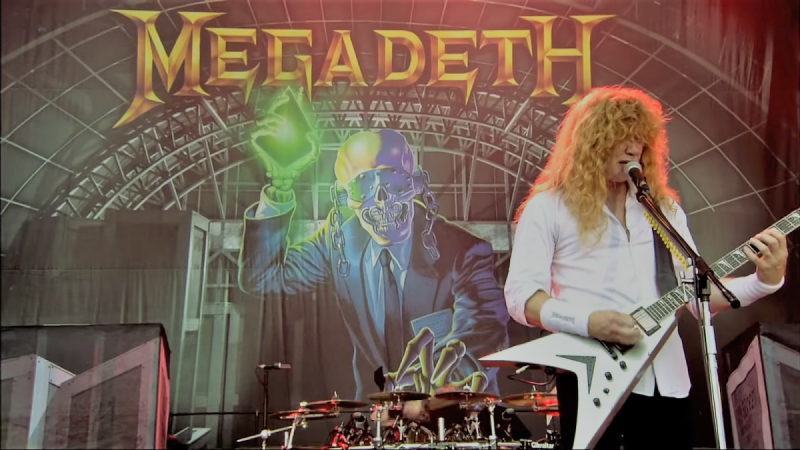

In any case, both Sloan and McGuire were chasing Bob Dylan, who’d emerged as a ferocious cultural force. Six years after “Eve Of Destruction,” McGuire became a born-again Christian and helped to pioneer the then-underground Christian rock phenomenon. McGuire sang on a couple of that group’s hits before going solo in 1965. Soon enough, he joined the New Christy Minstrels, the folk institution that also helped launch the careers of Kenny Rogers, the Byrds’ Gene Clark, and the “Bette Davis Eyes” singer Kim Carnes. Born in Oklahoma and raised in California, McGuire had worked as a commercial fisherman and a pipe-fitter before falling into the coffeehouse scene. McGuire, on the other hand, had come from folk-music circles - but folk-pop circles, the kind that produced some deeply cheesy early-’60s pop music. He was trying to wrote hits, and with “Eve Of Destruction,” he had one. Sloan later complained that “Eve Of Destruction” ruined both his career and that of McGuire, but he was a career cog in the pop-music machine. Later on, Sloan wrote “Secret Agent Man” for Johnny Rivers and “A Must To Avoid” for Herman’s Hermits. They did record a version of the song, but McGuire’s take on it, recorded soon afterward, turned out to be the one that stuck.

He also offered it to the Turtles, who recorded a lot of the songs that the Byrds rejected. (Sloan plays guitar on McGuire’s version of “Eve Of Destruction,” and Hal Blaine, the Wrecking Crew’s ace drummer, also plays.) Sloan had offered “Eve Of Destruction” to the Byrds, who passed. Sloan was a former sideman for surf-pop stars Jan & Dean and a minor member of the LA session-musician collective who later became known as the Wrecking Crew. Looking at the song’s context today, though, it’s pretty striking to realize that this thing was a pop product the whole time. It’s more of a world-is-fucked-up song - a litany of ills, some of them entirely timeless: “Hate your next-door neighbor, but don’t forget to say grace.” In a world that was changing faster than anyone could comprehend, it’s a cathartic venting of grievances. McGuire never actively calls for change, for marching in the streets. “Eve Of Destruction” isn’t exactly a protest song. The song compares “Selma, Alabama” to “all the hate that there is in Red China” and puts forward the idea that “marches alone can’t bring integration.” It’s directed at the young people who were becoming victims of the war: “You’re old enough to kill, but not for votin’ / You don’t believe in war, what’s that gun you’re totin’?” (At the time, the voting age was 21 the 26th Amendment changed that in 1971.) The song also extends that lament of cruelty to the Civil Rights struggle in America, something that no #1 song had done explicitly. In a strained and raw voice, Barry McGuire surveys a climate where nothing made sense, where it looked like the world was falling apart: “The human world is disintegratin’ / This whole crazy world is just too frustratin’.” He never mentions Vietnam by name, but the whole song is clearly informed by it.


 0 kommentar(er)
0 kommentar(er)
